Grief is one of the most powerful and poignant emotions we feel.
When we lose something or someone close to our hearts, we must take the proper time to grieve the loss.
While many people may associate loss only with death, we can, in reality, experience loss in all sorts of ways. Arguably one of the most painful sources of loss outside of death is the ending of a romantic relationship.
When we are involved in a breakup or divorce, we feel the loss of a partner and the loss of a love. We also feel the loss of what could have been and the dreams and future we imagined we would live out. All of this can feel devastating.
So, how do we move forward?
Here are three healthy steps for grieving a romantic loss.
1. Give Yourself Time
Breakups and divorces are massive life events and can be extremely difficult to cope with. When a romantic relationship comes to the end of its road, it can seem impossible to know where to go from there. As women, our capacity to feel emotion is quite large. And thus, we may find ourselves experiencing some or all of the complex feelings that come with grief at any given moment.
When a romantic loss is fresh, the very best thing you can do for yourself is to set aside time to process and to grieve. It is crucial to let yourself actually feel the grief, rather than ignoring it or bottling it away. Recognizing and accepting your emotions is the first step toward healing.
Moreover, allow yourself a “time out” and give yourself permission to deviate from your normal schedule. Be kind - take time off of work, cancel plans, get extra rest—and recognize that healing happens slowly over time.
2. Resist the Urge to Numb-Out
When the sting of grief is still sharp, we may feel that we simply can’t turn down an opportunity to numb the pain. There will be temptations in many different forms—food, alcohol, drugs, impulse-buying, binge watching etc. It’s important to be aware of these ways of coping. Behaviors like drowning our sorrows may seem like a good idea on a sad, lonely night, but will usually only exacerbate the problems come morning.
Instead of turning to substances or irresponsible behaviors to ease your pain, focus on taking care of yourself. Your loved one may be out of the picture now, but that doesn’t mean you don’t deserve to be happy and healthy.
Use this time of self-reflection to learn a new skill, change your hair, exercise more regularly, or take a day to explore someplace you’ve always wanted to go. Your grief will not disappear overnight, but you will be more prepared to cope with it if you are taking care of your mind and body.
3. Talk Through the Grief
Sometimes we mistakenly believe that if we do not talk about or acknowledge a problem, it will go away. Sadly, this couldn’t be further from the truth. When we experience pain and sadness, talking about and share our feelings can be healing and often is exactly what’s needed.
When you are ready, you should find opportunities to talk about your grief. Of course, this looks different for every person, and you should always work at your own pace.
Maybe you can find a small group of people you trust and ask them to just listen. This group could include friends, siblings, roommates, parents, coworkers, or church leaders. Since everyone’s path to healing will be different, just focus on finding what works for you.
Another way to discuss your grief, is by attending professional grief counseling with a licensed counselor with whom you feel comfortable. Grief counseling can enable you to find peace and provide an outlet where you can feel safe to discuss your emotions without judgement or expectation.
Grief and loss are part of life and working through them is an extremely individualized process. To learn more about how grief counseling can help you come to terms with your romantic loss, please contact me. I would be delighted to support your healing journey.
